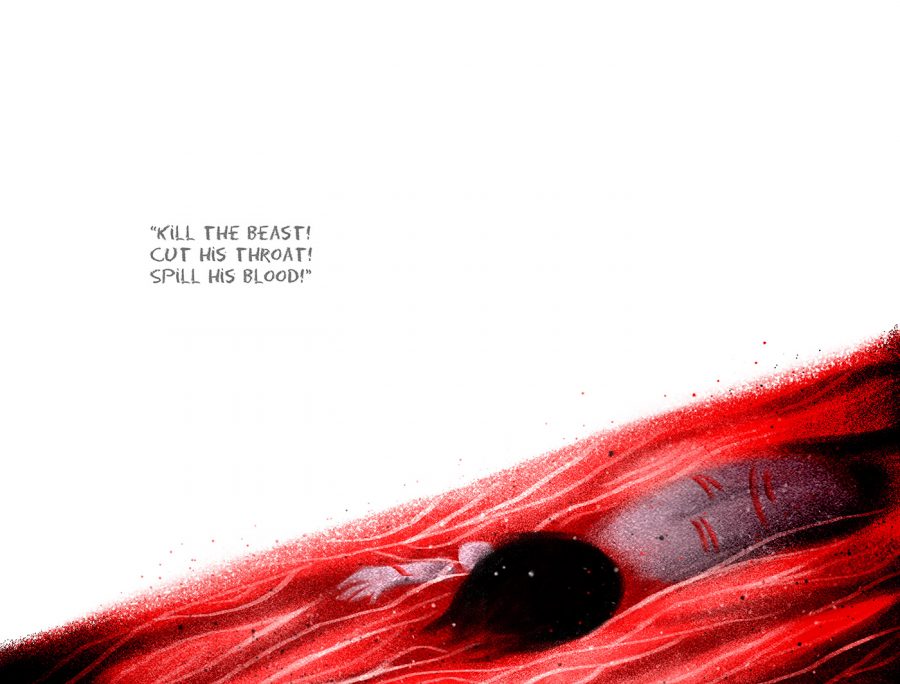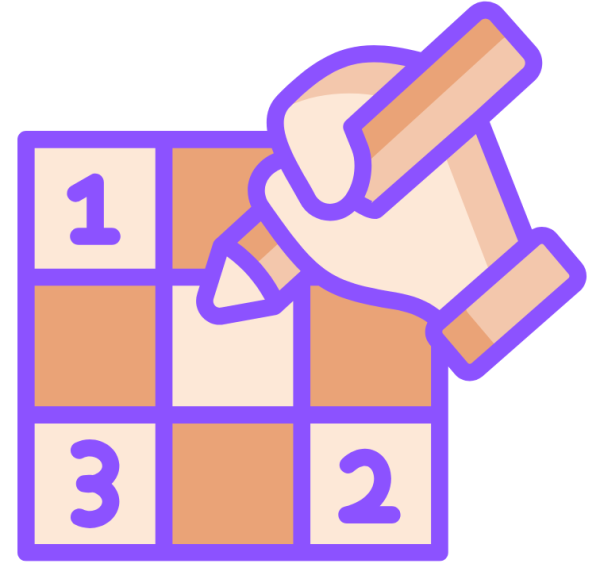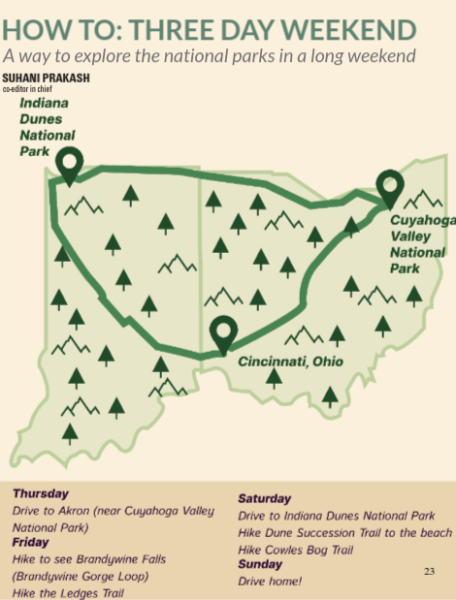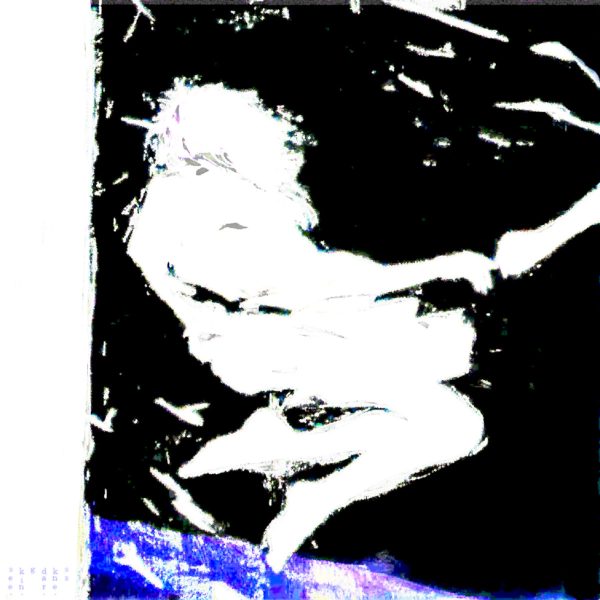Book Review: Lord of the Flies
“Lord of the Flies” is a book about savageness in humanity: in particular, it is about how the boys changed, from civilized to savaged, as a result of lack of restrictions. William Golding wrote this book in 1954, just after World War Two, where he saw British soldiers commit atrocious war crimes. He wanted the readers to know that everyone has evil within. In Lord of the Flies, Golding tries to prove that humanity is naturally evil, and without societal rules and laws restricting them, they remain uncontrolled and barbaric. This infographic
demonstrates how the boys have changed as the story moves on.
When they first arrived on the island:
- “He lifted the conch. Seems to me we ought to have a chief to decide things”
The conch is a representation of civilization, as in the book, one can only speak when
they have the conch. - “We’ve got to have special people for looking after the fire. Any day there may be a
ship out there…and if we gave a signal going they’ll come and take us off.”
Piggy and Ralph is still prioritizing the fire and concentrating on their rescue - “We ought to have more rules. Where the conch is, that’s a meeting.”
Ralph tries to establish an orderly civilization at the start of the book.
After living on the island for a while:
- “Ralph dribbled…he accepted a piece of half-raw meat and gnawed it like a wolf”
The boys began eating raw meat and the comparison of Ralph to a wolf shows the
savageness within him - “We’re strong—we hunt.”
Jack says this on Page 99 of the book. Hunting and killing is the way of leadership he
proposes and is leading the boys off track from what they should be doing: building
shelters and finding ways to escape the island. - “The desire to squeeze and hurt was overmastering.”
Even though Ralph is the representation of civilization, deep down, he still has this desire
of violence, which proves Golding’s point that humanity is naturally evil







